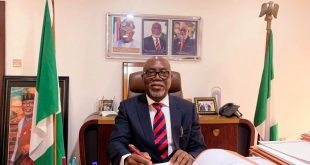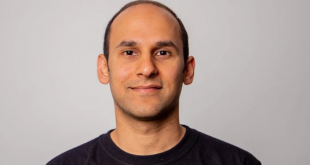
The federal government has dismissed the rumour circulating on social media that the Third Mainland Bridge in Lagos state has “opened up”.
On Monday, a post asking motorists to take alternative routes from the Third Mainland Bridge to avoid “major disaster” appeared on WhatsApp.
Reacting to the rumour, Boade Akinola, spokesperson of the federal ministry of works, in a statement on Tuesday, said Olukayode Popoola, the federal controller of works in Lagos, drove on the bridge without noticing “any shaking” as claimed in the social media messages.
“The federal controller of works in Lagos, Engineer Olukayode Popoola, has debunked insinuations making the rounds in the social media that the Third Mainland Bridge in Lagos has “opened up” and “shaking” and, therefore, unsafe to traffic saying the claim was both false and unfounded,” the statement reads.
“Giving an on-the-spot report on the Bridge, the controller, who said he just drove along the Bridge without noticing any opening or experiencing any shaking as contained in the social media report, advised members of the public.
“Especially commuters to ignore the insinuations as the Bridge, which is receiving regular attention along with others across the country, is safe for use.”
This is not the first time social media will be inundated by rumour on the safety of the Third Mainland Bridge.
In 2019, the federal government debunked a similar rumour about the bridge.
In February, the federal government opened the bridge after over six months of rehabilitation works.
The 11.8km bridge is the longest of the three bridges connecting Lagos Island to the Mainland.
It starts from Oworonshoki, which is linked to Apapa-Oshodi Expressway and Lagos-Ibadan Expressway, and ends at Adeniji Adele Interchange on Lagos Island.
 DailyrecordNg …Nigeria's hottest news blog
DailyrecordNg …Nigeria's hottest news blog







